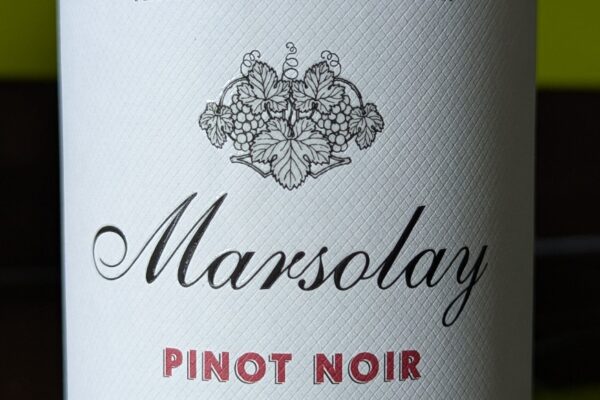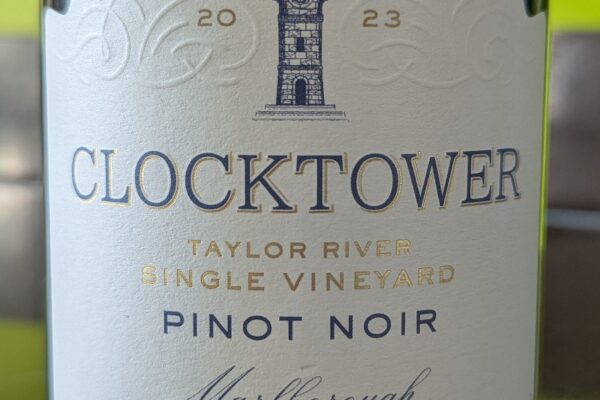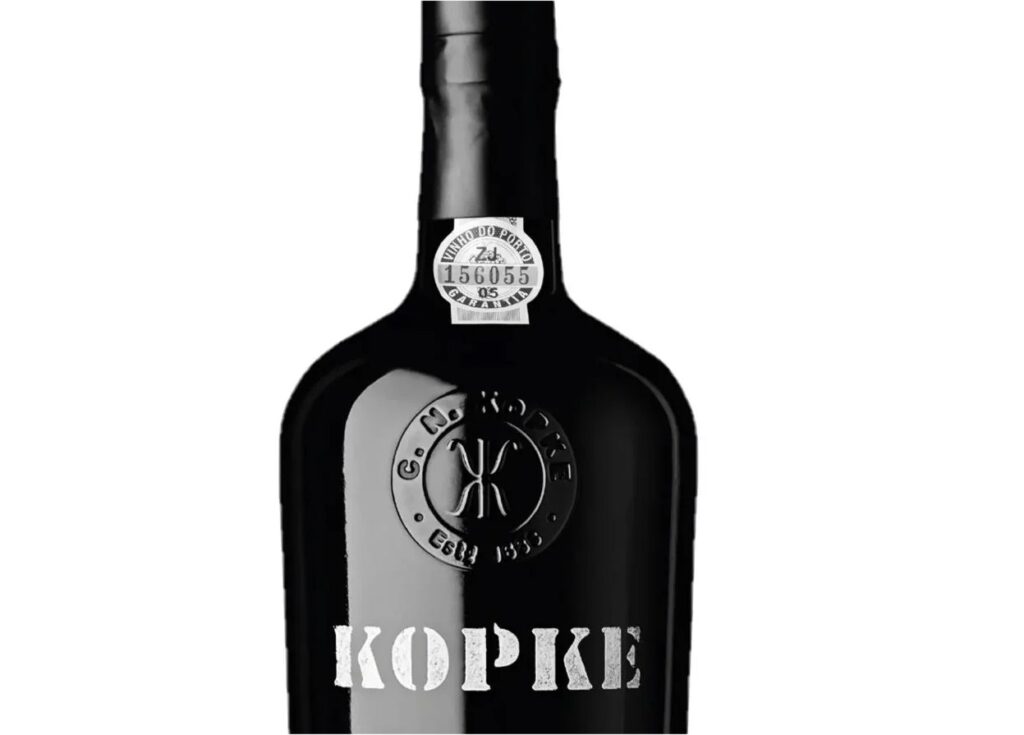
Kopke, the oldest port wine house, has a rich history dating back to its foundation by German Nicolau Kopkë in 1638. Since establishing its vineyards in the Douro Valley in 1781, Kopke was bought by the Bohane family in London. However, Kopke has been proudly Portuguese since the mid-twentieth century and is now under the stewardship of The Sogevinus Group who also own the wine houses of Burmester, Cálem and Barros.
Kopke’s large library of White and Tawny ports is a treasure trove, housing White and Tawny ports that have remained largely untouched for decades. Kopke has embarked on releasing these wines in small allocations, a move aimed at safeguarding these precious stocks for future generations.
On 7 March 2024, I had the privilege of attending a tasting of the new Library Collection, featuring three old, limited edition wines: a Very Very Old Tawny, a Vermouth and a Quinine. This rare opportunity was enhanced by the presence of Duoro expert and book author Richard Mayson, who provided invaluable insights into the Douro wines’ backgrounds and production.
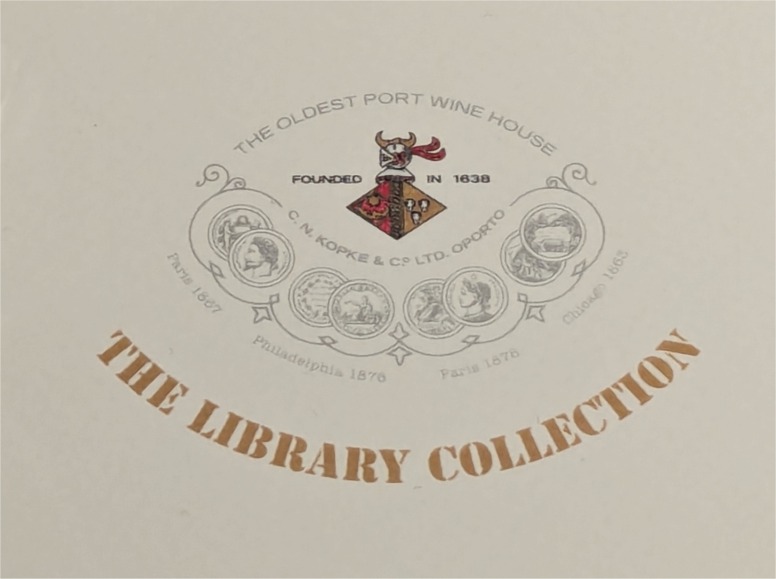
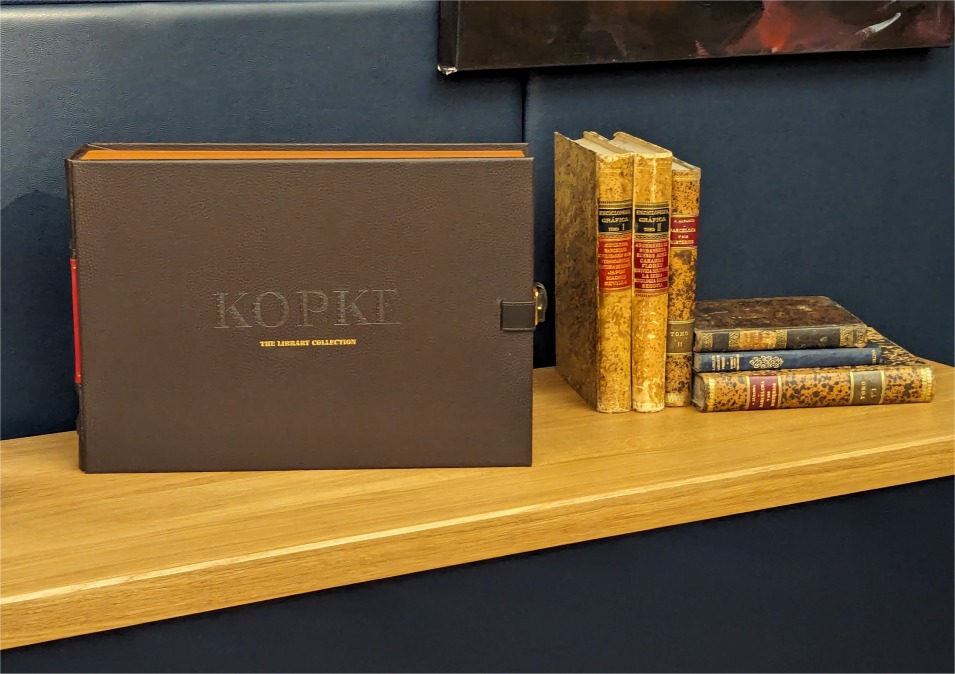
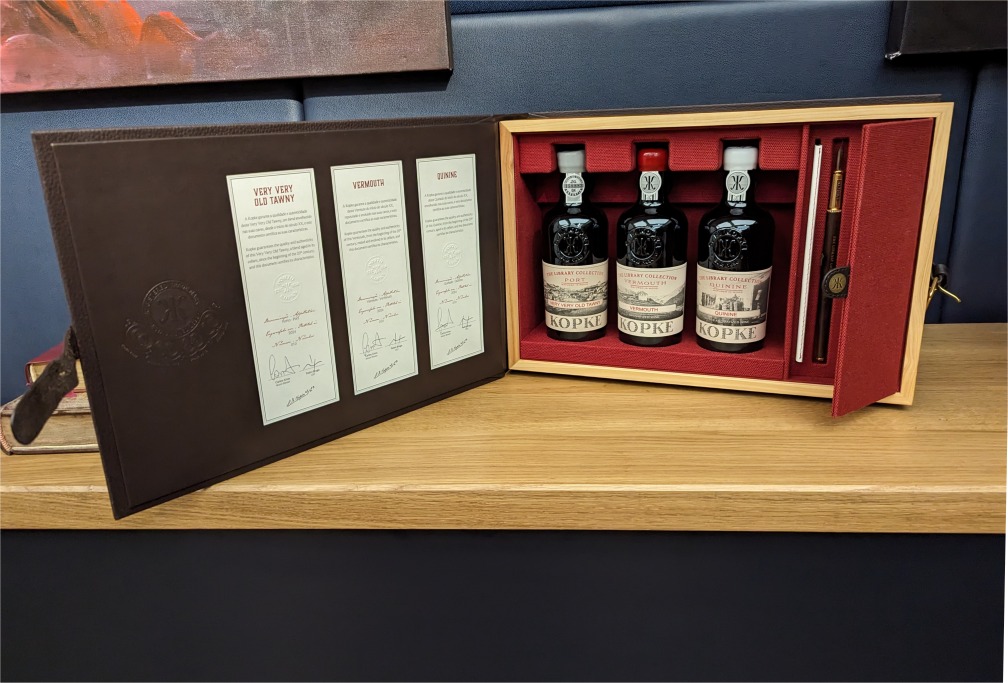
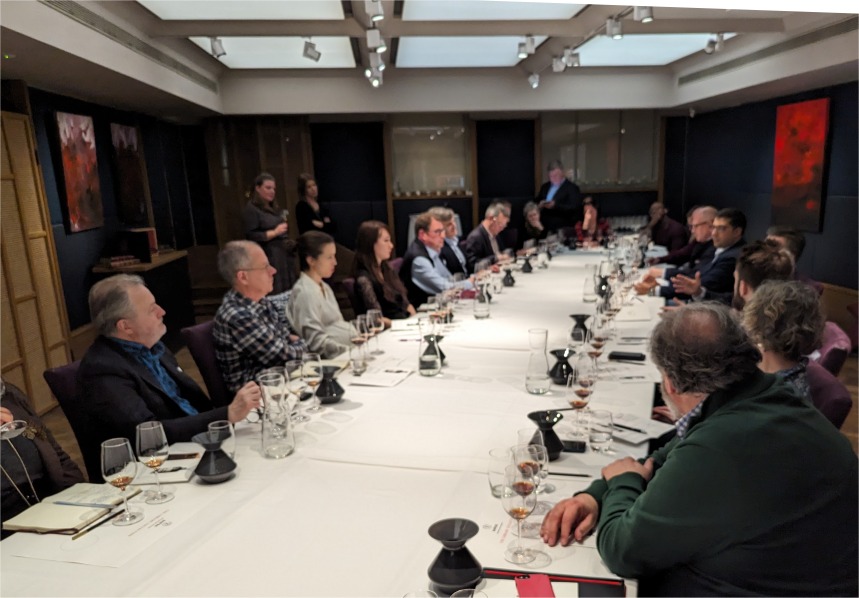

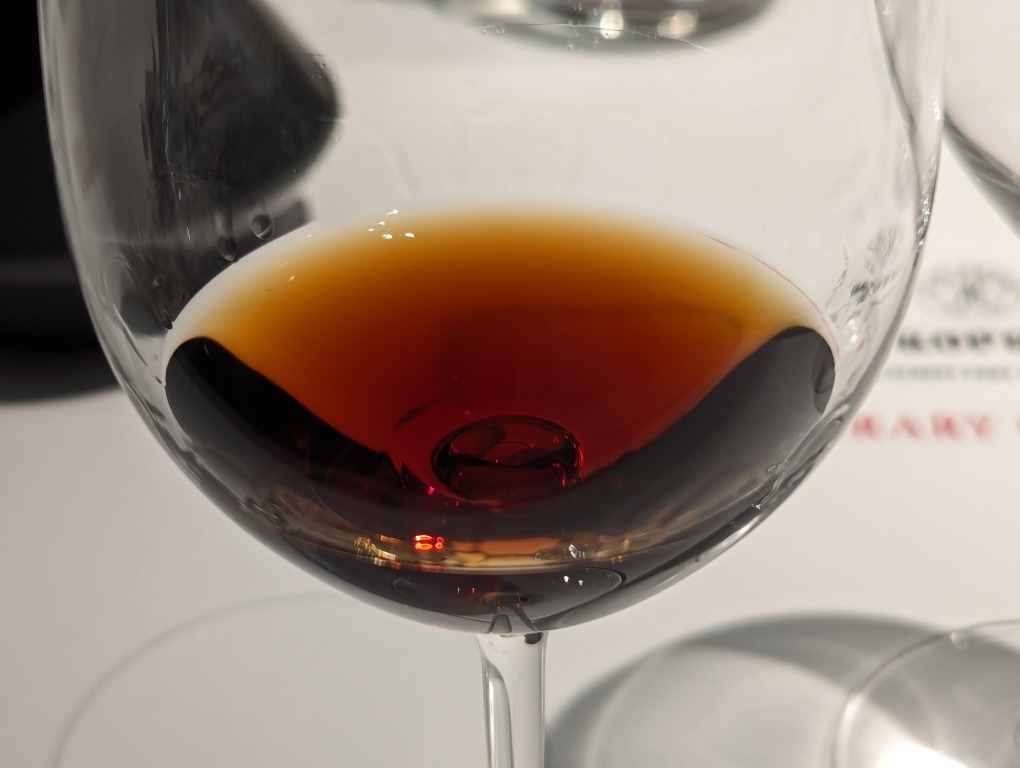
The Very Very Old Tawny, a blend incorporating ports crafted between 1890 to 1937, has an alcohol by volume (ABV) of 20%. Characterised by oxidative ageing in barrels, this process imparts to the wine a delicate yellow-brown hue, enriched with aromatic layers of balsamic, nutty and sweet dried fruit notes. Its palate is a harmonious dance of figs, cinnamon, and cloves, enhanced by the natural concentration of flavours resulting from an annual evaporation rate of 2% to 5%. The meticulous care and ageing process ensures a balanced acidity, preserving a remarkable freshness that beautifully marries sweetness with acidity, emblematic of Kopke’s timeless signature style.
Crafted from port at the start of the 20th century, the Vermouth is the result of a secret recipe, with an alcohol by volume (ABV) of 19%. It is exceptionally rare to encounter Vermouth of such age, with its scarcity and unique character making it a once-in-a-lifetime experience. This Vermouth exhibits a slightly heightened sweetness and acidity, presenting a hue akin to the Very Very Old Tawny. My senses were greeted by an aromatic blend of herbs, hinting at thyme and rosemary, with the probable inclusion of wormwood, a staple ingredient in traditional vermouths. There was intriguing speculation around the origins of the ingredients used in the recipe, questioning their local or foreign sourcing. The palate was touched by vanilla, with subtle notes of citrus and orange, reflecting its complex flavour profile. Historically, Vermouth was often recommended for various health conditions, which adds to its allure and historical significance.
The Quinine port, too, traces its origins to the early 20th century. Traditionally, it’s infused with the bitterness of Cinchona bark, known for its quinine content. Historically, quinine served as a key anti-malarial remedy, praised for its wide spectrum of biological benefits, including properties that are anti-cancerous, anti-obesity, anti-inflammatory, anti-parasitic and antimicrobial. This port distinguished itself with a more viscous texture compared to its counterparts, even though, strangely, it has a slightly lower alcohol by volume (ABV) of 17.5%. Its aroma carried hints of spice and a subtle medicinal quality, yet the anticipated bitterness was subdued. Likely, the inclusion of herbs like cinnamon, cloves, and oranges played a role in softening the harshness of the quinine, offering a more palatable experience.
The release of 385 book-looking collections, priced at around £3,000 each, is less about revenue and more about celebrating Kopke’s historic legacy. This initiative not only highlights the brand’s commitment to preserving its rich heritage but also showcases its dedication to quality, ensuring the consistency and freshness of its ports.

Kopke’s legacy is not just about its extensive library of port wines but also about the meticulous process involved in maintaining the brand’s identity and integrity. This includes the ongoing care for stored rare wines and current support for the 350 farmers involved in viticulture, underpinning Kopke’s commitment to excellence and innovation.
The recent rise in popularity of Tawny port among British consumers, a 70% increase in the last decade, underscores a growing appreciation for special ports. My own discovery of Tawny port at a Wines of Portugal tasting in London in 2014, now much preferring it over Ruby or Vintage Port, is an example of this trend. As people broaden their horizons through travel and exploration, they are increasingly uncovering the unique delights of specialty ports.
Kopke continues to stand out as a symbol of quality and tradition in the port wine industry, inviting connoisseurs and new enthusiasts alike to experience the depth and richness of its offerings.





